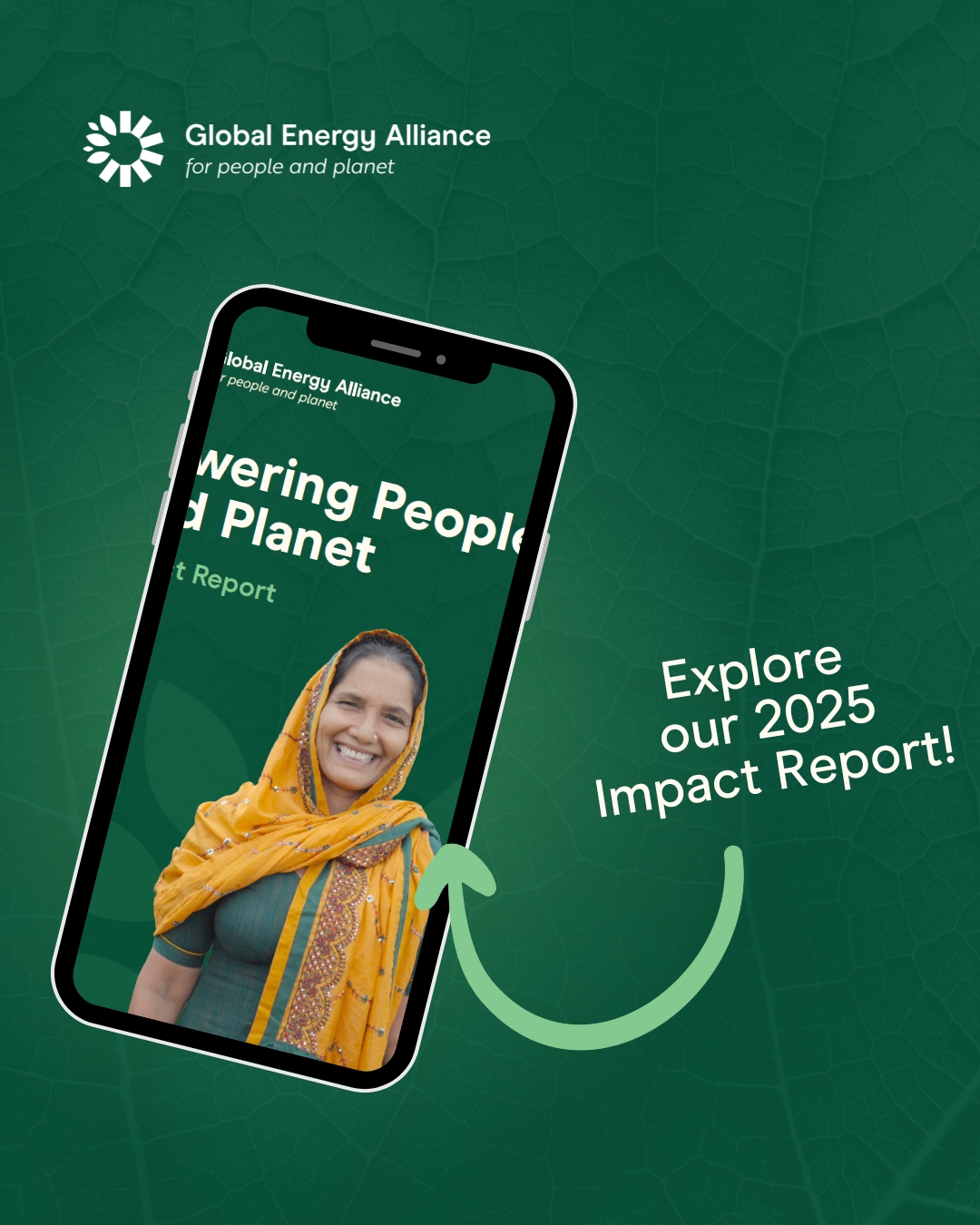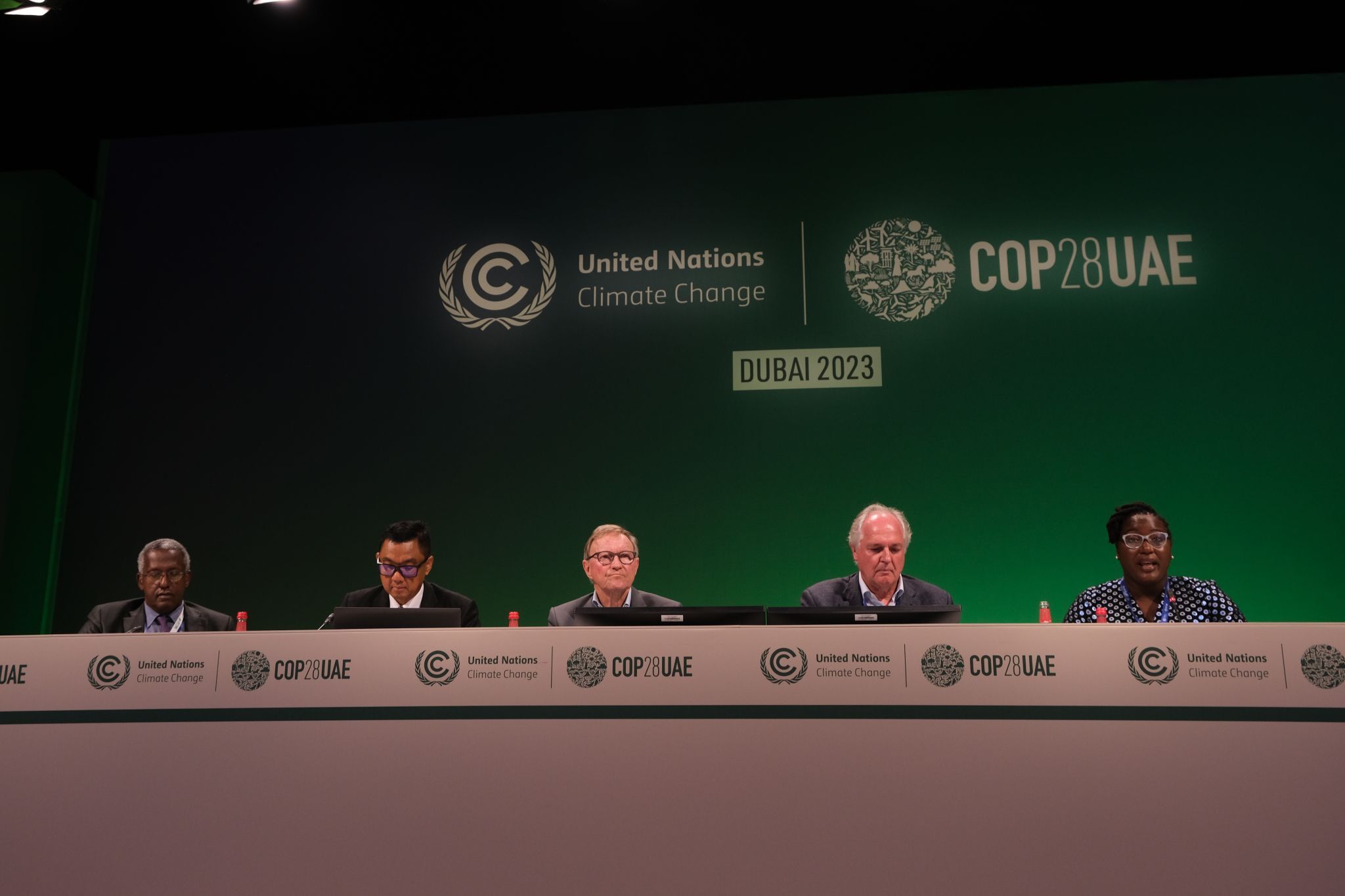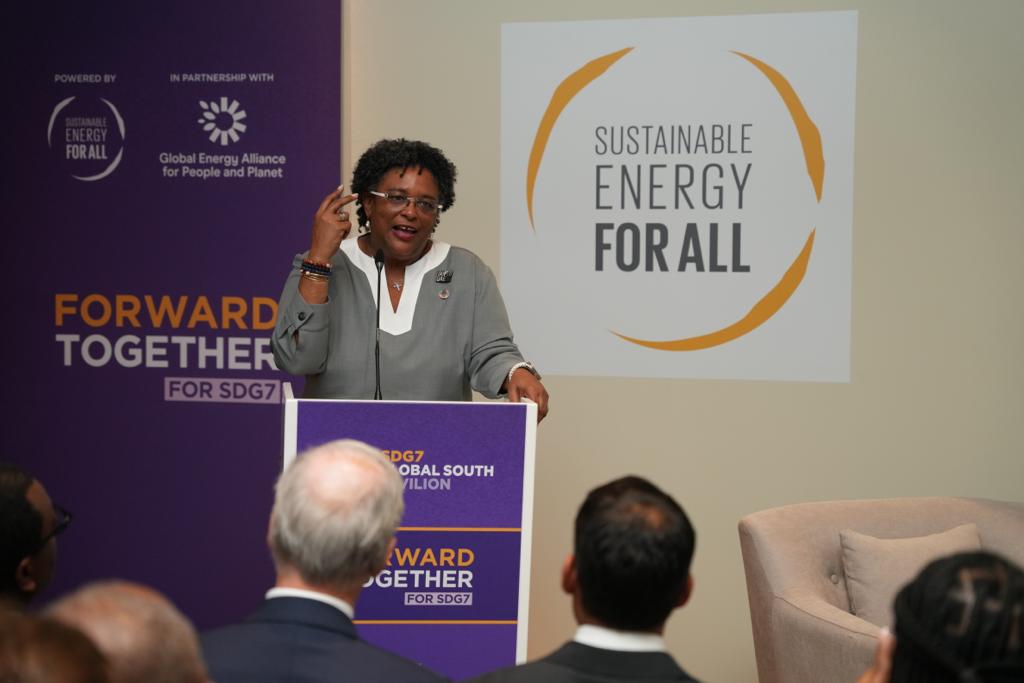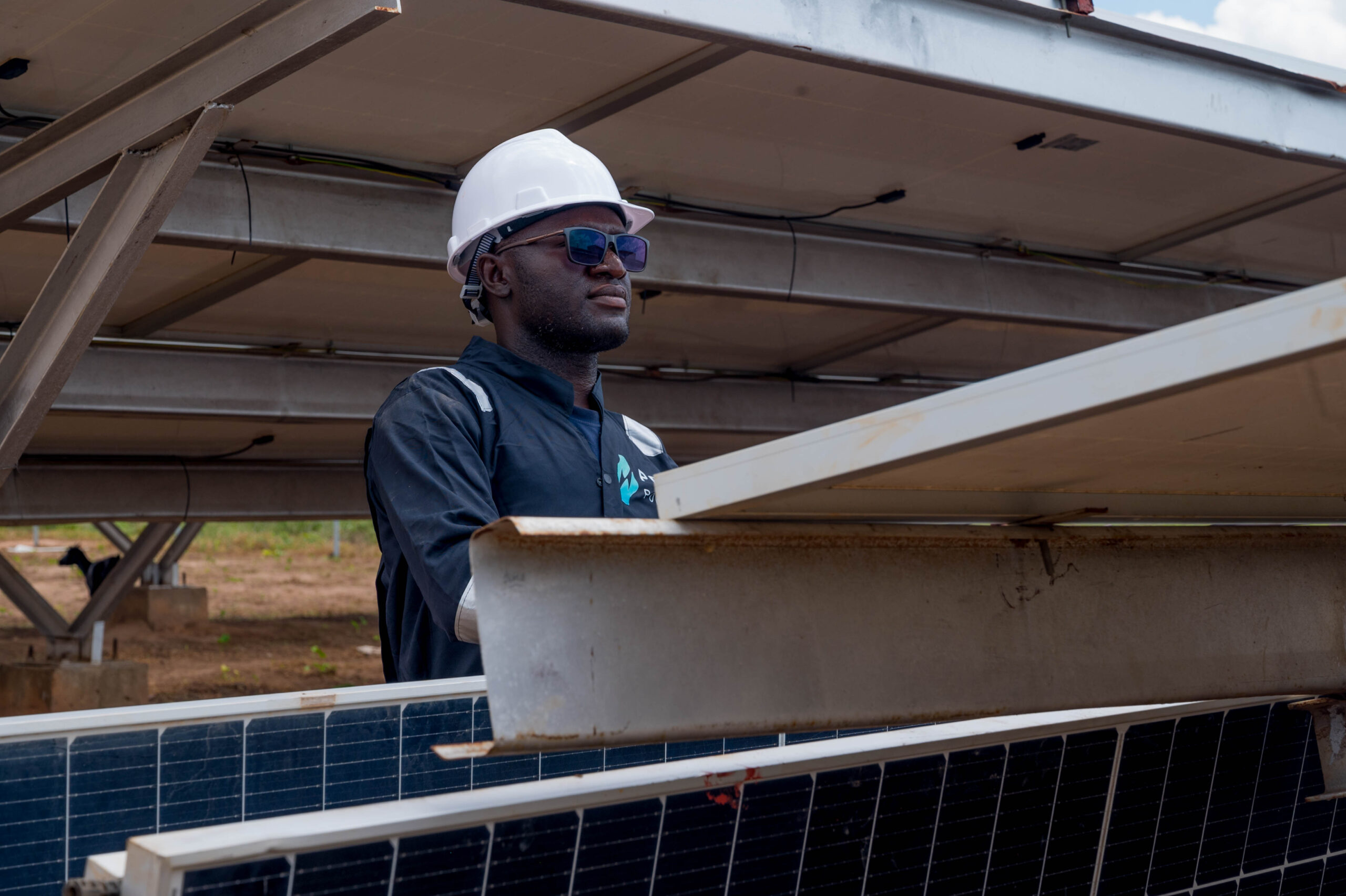
Piloting Green Finance to Promote Productive Community-based Clean Energy Solutions
Approximately 73.5 million people reside in the rural areas of Brazil, Colombia, El Salvador, Honduras, Mexico, and Peru. These regions face significant poverty and economic vulnerability, with most inhabitants relying on agricultural activities and food supply chains for their income. However, access to electricity and quality energy for these productive activities is limited, posing a substantial challenge.
The transition and access to renewable energy sources is an urgent challenge for the region and the agricultural activities of small-scale farmers. One of the main problems for developing energy projects is their high cost and lack of access to adequate financing. At the same time, financing entities, such as banks, Savings and Loan Cooperatives and microfinance institutions lack knowledge, technical capacity, and experience offering products tailored to these communities. Additionally, small agricultural production units that are unincorporated and have no assets are not eligible to receive credit. There is a lack of knowledge of energy technologies and how to implement and maintain such projects, economic limitations for investment, administrative and bureaucratic barriers, and concerns about returns and effectiveness.
Responding to these challenges, and in collaboration with Deutscher Genossenschafts- und Raiffeisenverband e.v. (German Confederation of Cooperatives) (DGRV), this project seeks to promote access to sources of clean energy for productive activities in rural organizations through financial services and training.
Challenges tackled
High Costs and Limited Financing
Energy project development is hindered by high costs and inadequate financing. Financing entities often lack the technical capacity and experience to offer tailored products to these communities.
Eligibility for Credit
Small, unincorporated agricultural production units without assets are typically ineligible for credit
Knowledge and Implementation Barriers
There is a lack of knowledge about energy technologies, economic limitations for investment, administrative and bureaucratic barriers, and concerns about the returns and effectiveness of energy projects.
- Adoption of Green Energy Technologies: Implementation of productive projects with local providers to adopt green energy generation technologies.
- Community Energy Projects: Piloting community energy projects to enhance local energy access.
- Green Credit Lines: Development of green credit lines by credit unions, known as “cooperativas de ahorro y crédito” (CACs), tailored to productive activities and rural beneficiaries.
Expected outcomes

rural producer organizations directly benefiting from the project, comprising approximately 2,100 low-income farmers

individuals (family members and other organization members) indirectly benefiting, with an average monthly income of around US$524 per family

CACs are expected to implement green credits tailored to the project beneficiaries
IDB Lab will contribute US$1,000,000 to the regional project from resources of the Multilateral Investment Fund (MIF). That financing includes a technical cooperation and a contingent recovery investment grant (CRIG) that will be targeted to CACs that finance energy projects in rural producer organizations through green credit lines. The project also has additional co-financing from the Global Energy Alliance for People and Planet (GEAPP) through the Low Carbon Energy Fund for People and Planet (LCE) and from the Clean Technology Fund (CTF).







